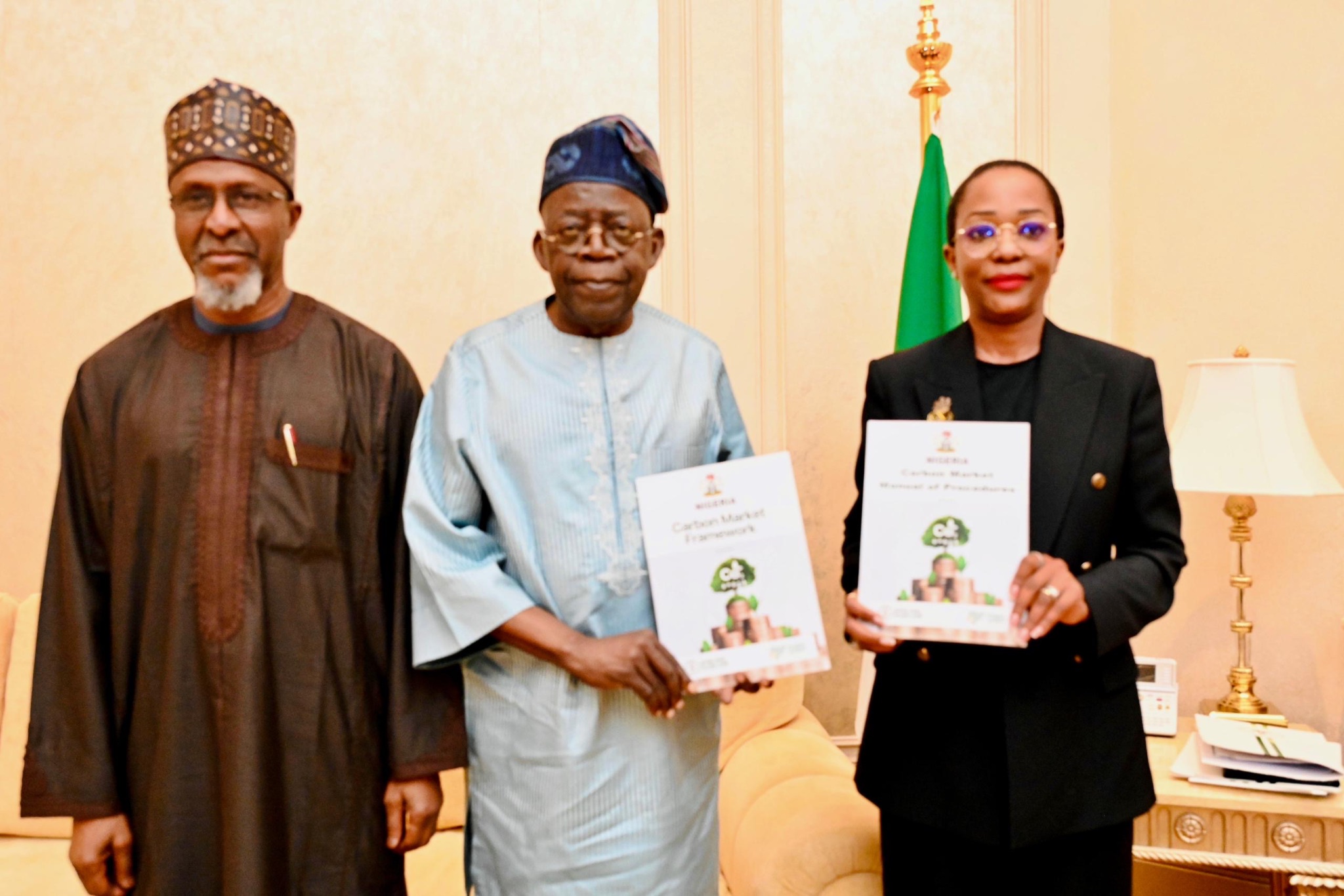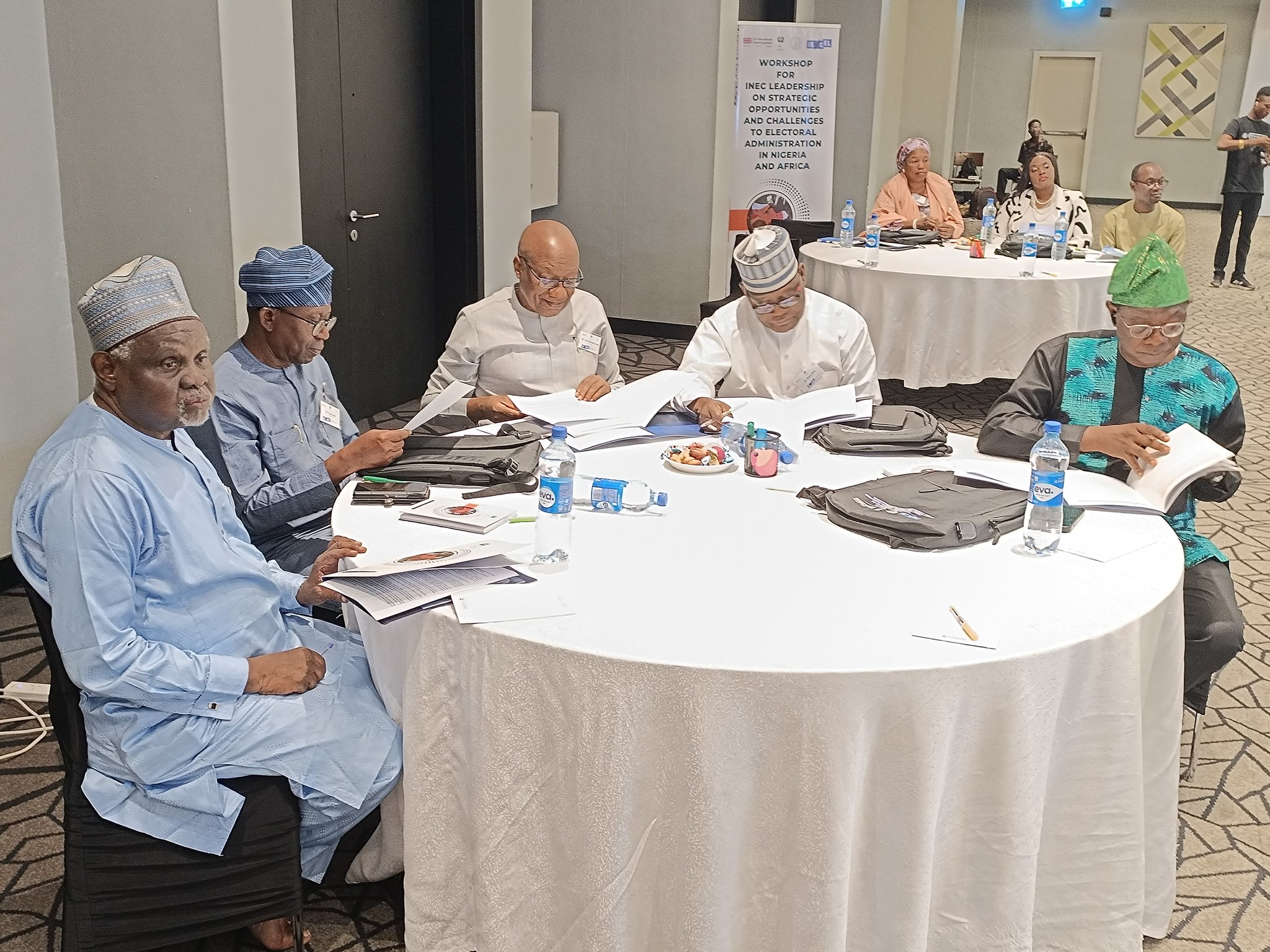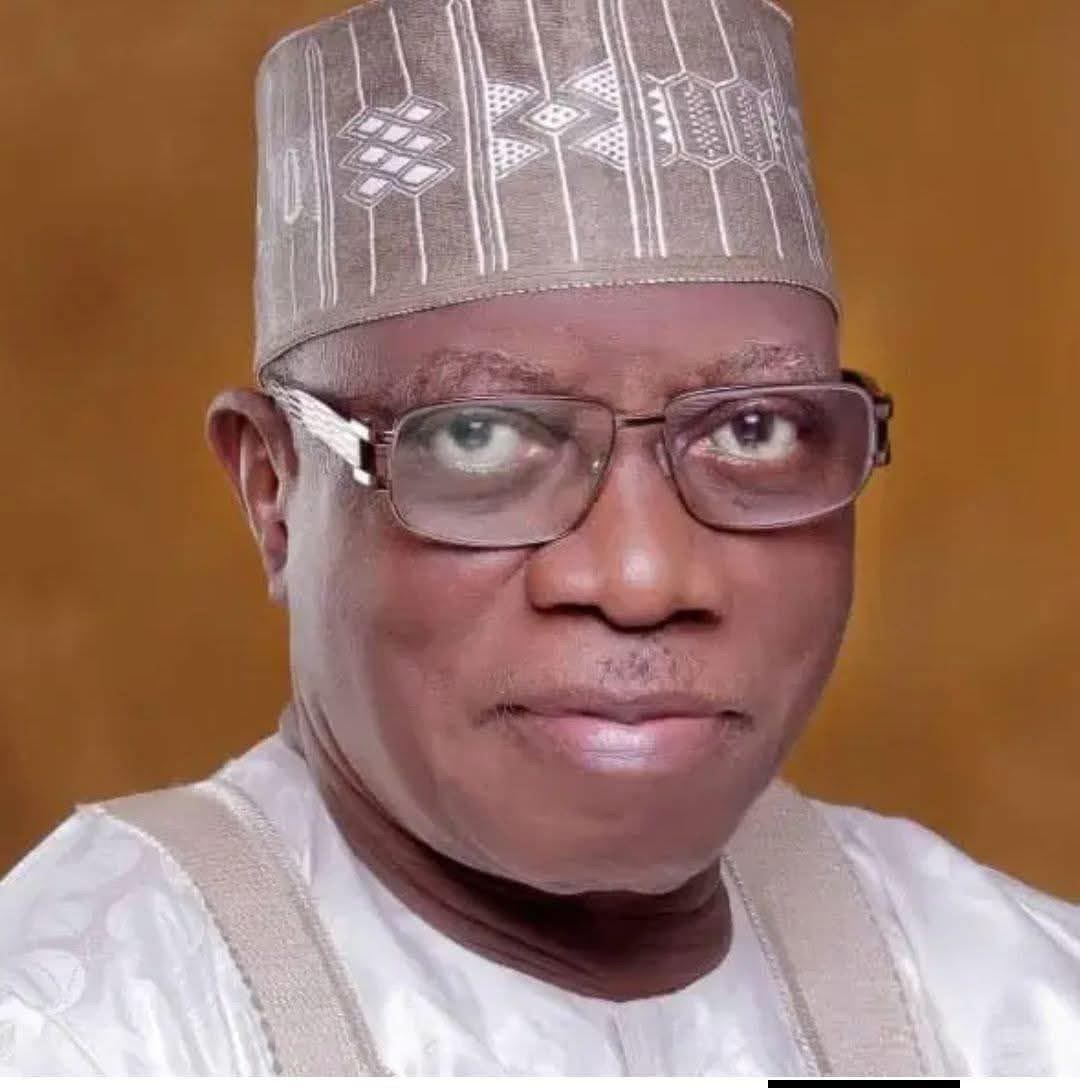

The Nigerian Naira experienced a decline in the parallel market on Monday, depreciating to N1,570 per dollar from N1,545 per dollar over the weekend. However, in the Nigerian Foreign Exchange Market (NFEM), the Naira appreciated to N1,528 per dollar, according to data published by the Central Bank of Nigeria (CBN). This represents a N14 gain for the Naira in the official market, as the indicative exchange rate fell from N1,542 per dollar last weekend.
The depreciation in the parallel market has widened the gap between the unofficial and official exchange rates to N42 per dollar, up from N3 per dollar on Friday. This growing disparity highlights the ongoing volatility in Nigeria’s foreign exchange market and the challenges faced by the CBN in stabilizing the Naira.
The parallel market, often referred to as the black market, is where individuals and businesses source dollars outside the official channels. The widening margin between the parallel and official rates suggests increased demand for foreign currency in the unofficial market, driven by factors such as limited access to dollars through official channels and speculative activities.
In contrast, the appreciation of the Naira in the NFEM reflects the CBN’s efforts to stabilize the currency through interventions and policy measures. The CBN has been implementing various strategies, including tightening monetary policy and increasing dollar supply in the official market, to curb volatility and restore confidence in the Naira.
The dual exchange rate system in Nigeria has long been a source of concern for businesses and investors, as it creates uncertainty and complicates financial planning. The widening gap between the parallel and official rates could further erode confidence in the economy and exacerbate inflationary pressures, as businesses may pass on the higher cost of sourcing foreign currency to consumers.
The depreciation of the Naira in the parallel market comes amid ongoing economic challenges, including rising inflation, foreign exchange shortages, and declining foreign reserves. The CBN has been under pressure to address these issues and restore stability to the foreign exchange market.
Analysts have called for a more unified exchange rate system to eliminate arbitrage opportunities and improve transparency in the foreign exchange market. They argue that a single, market-driven exchange rate would help attract foreign investment, boost liquidity, and reduce the pressure on the Naira.
The CBN has taken steps to unify the exchange rates in the past, but the gap between the official and parallel markets has persisted due to structural issues in the economy, including low foreign exchange earnings and high demand for dollars.
As the Naira continues to face pressure in the parallel market, the CBN is expected to intensify its efforts to stabilize the currency and narrow the gap between the official and unofficial rates. This may include further interventions in the foreign exchange market, stricter enforcement of foreign exchange regulations, and measures to boost dollar inflows into the economy.
The depreciation of the Naira in the parallel market underscores the need for comprehensive economic reforms to address the root causes of Nigeria’s foreign exchange challenges. These reforms should focus on diversifying the economy, increasing non-oil exports, and improving the business environment to attract foreign investment.
In the meantime, businesses and individuals are advised to exercise caution and explore official channels for sourcing foreign currency to avoid the risks associated with the parallel market. The CBN has also urged the public to report any unauthorized foreign exchange transactions to the relevant authorities to help curb illegal activities in the market.
As the situation evolves, stakeholders will be closely monitoring the CBN’s actions and the impact of its policies on the Naira’s stability. The success of these efforts will be critical in restoring confidence in the Nigerian economy and ensuring sustainable growth in the long term.





















